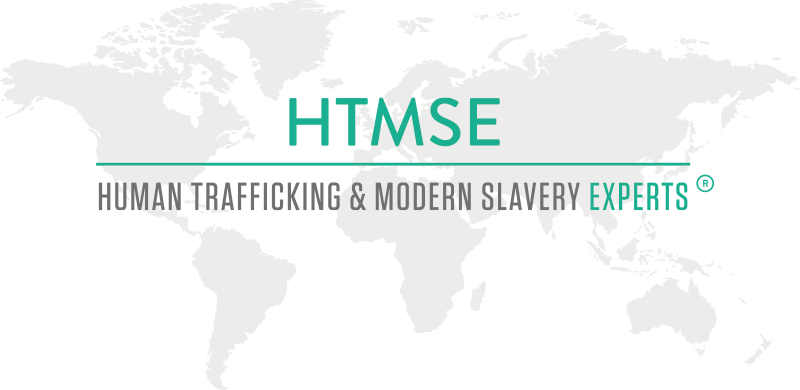Dame Sara Thornton, UK’s Independent Anti-Slavery Commissioner has published the 2020-2021 Annual Report. The report sets out the work of the Commissioner using the strategic plan presented before parliament in October 2019. However, the report also reflects on the challenges, including the impact of the Coronavirus pandemic and UK exit from the EU.
The report highlights that progress has been made, as well as the drawbacks, such as successful prosecution of perpetrators remaining infrequent. The Commissioner emphasises the need for research which could contribute more to the practical understanding of what works in terms of victims support and prosecution of offenders.
Particularly, the report underscores the need for protection of victims who commit criminal offences as a direct consequence of their trafficking. According to the report, child exploitation in county lines remains prevalent, though the possibility of criminal exploitation is not being considered at the start of an investigation risking victims being wrongly prosecuted. However, non-prosecution alone does not protect children or vulnerable adults; effective safeguarding is needed instead, the report indicates.
For the full findings of the report, please see here.
